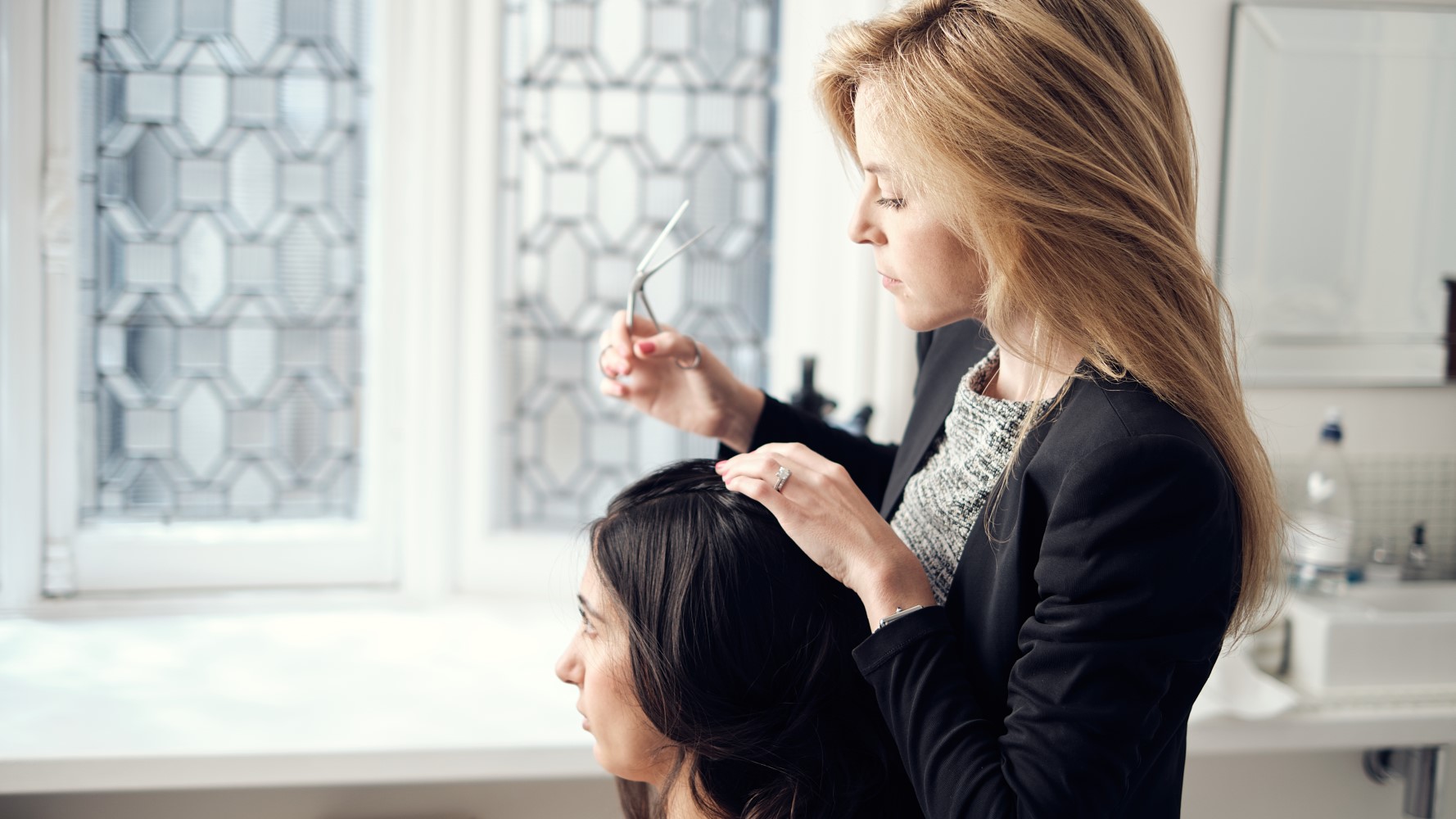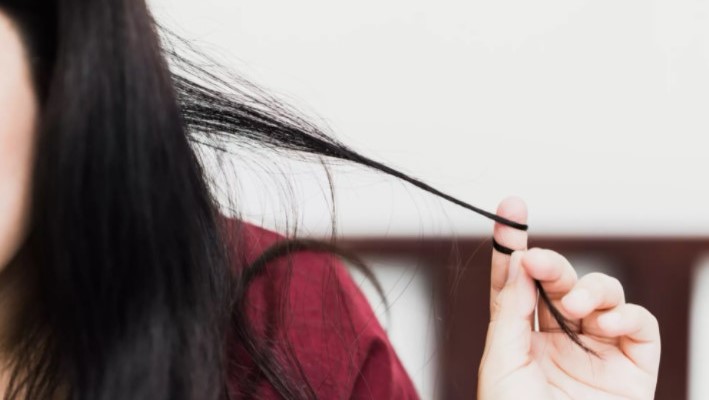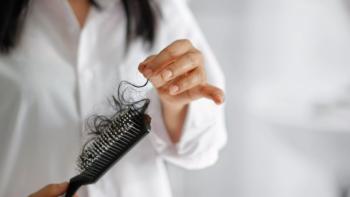Trichological Hair Loss Service
Complete our 2-minute assessment today and be matched with a Trichologist who will diagnose and treat your hair loss concern, supporting you every step along your journey.
Birth control pills work by adjusting the balance of hormones in your body.
Because the growth cycle of your hair is influenced by hormones, your hair may be affected if you are taking a contraceptive pill (or indeed, any form of hormonal contraceptive, including coils, injections, patches & vaginal rings). For some, this manifests as hair loss.
Please note, there are two types of hair loss associated with birth control pills: hair thinning and hair shedding. They have different symptoms, and are caused by different things.
Hair thinning (also known as reduced volume or female pattern hair loss) takes place gradually over time and is an inherited condition. This article primarily focuses on the connection between contraceptive birth control pills and exacerbating hair thinning.
Hair shedding (also known as telogen effluvium) is immediately noticeable, and is caused by a disturbance, imbalance or shock within your body. For more information on how birth control methods may affect hair shedding, please visit our page on Hair Shedding and Hormonal Contraceptives.
How Does the Contraceptive Pill Affect Your Hair’s Volume?
Reduced hair volume (hair thinning) is caused by a genetic condition, inherited from either parent, in which your hair follicles are sensitive to androgens (male hormones). All women naturally have androgens in their bodies, but only some have hair follicles that react to them. If you have this sensitivity, once it is triggered, your hair follicles will gradually miniaturise and grow back thinner over the years. This reduces the volume and length of your hair, eventually making your scalp more visible.
Some birth control pills can slow or stop this thinning process, because they increase your oestrogen levels and/or diminish your testosterone levels.
Other contraceptive pills can raise your levels of androgens (male hormones). These pills may trigger or worsen hair thinning.
Whether or not your hair will react to a birth control pill depends on how sensitive your hair follicles are to the hormones that pill contains. It also depends on your individual body chemistry, and on your body’s metabolism of the drug. Some women find that their hair is not affected at all by the pill.
Choosing a Birth Control Pill that is Right for Your Hair
If you are experiencing hair thinning (or if you have a genetic history of hair thinning in your family), it is usually best for your hair to choose a birth control pill that contains higher levels of oestrogen than progestin. This is because oestrogen works to keep your hair in its growth phase for longer, while progestin can have androgenic effects on your system.
Examples of birth control pills that can stimulate hair growth: Yasmin, Dianette, Valette, Cilest. These pills are sometimes prescribed solely to combat hair loss in women with androgenic thinning.
Examples of birth control pills that can cause or worsen hair thinning: Microgynon, Plan B, Loestrin.
What should you do if you notice hair thinning when on the pill?
If you have noticed a change in the density of your hair, increased scalp hair shedding, or facial hair growth since starting or stopping an oral contraceptive, we suggest you consult with your doctor and/or a Trichologist.
Please note: Always consult your doctor or gynaecologist before changing, starting or stopping any contraceptive pill.
If you would like to discuss what to do about your specific experiences with birth control hair loss, click below to arrange an appointment at one of our Trichological Clinics.
Please note: Always consult your doctor or gynaecologist before changing, starting or stopping any contraceptive pill.











